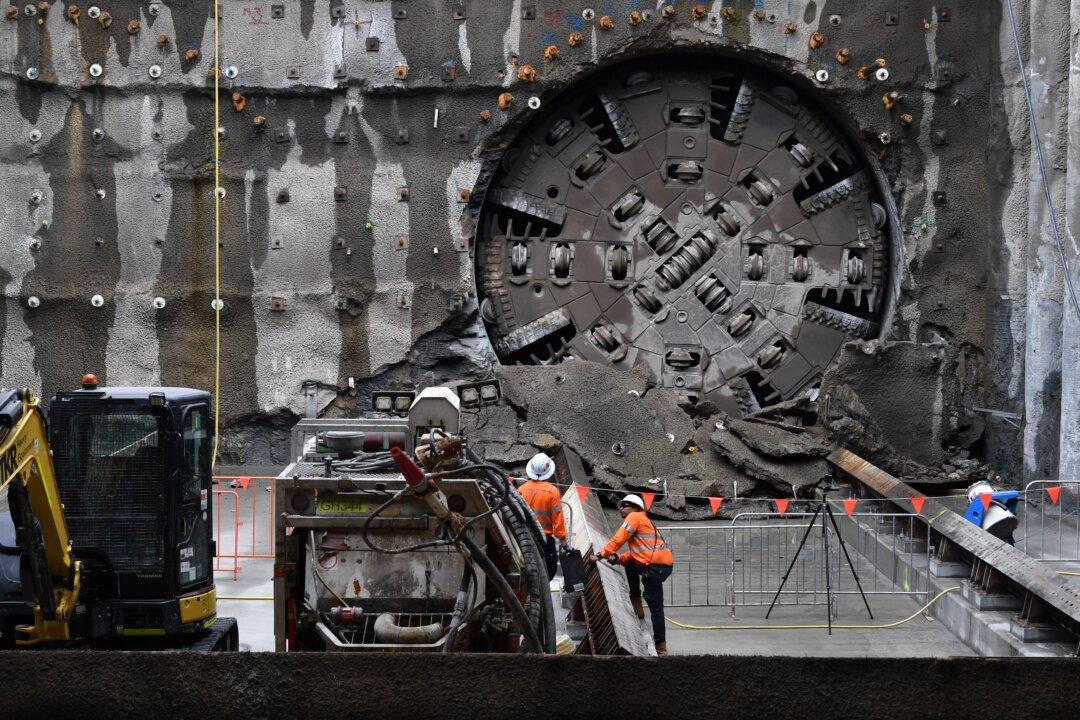Nearly four in ten Australian businesses feel that labour shortages are causing a “very significant” impact on their enterprises, according to new research by National Australia Bank (NAB).
The research, which captured the views of 1,600 businesses of all sizes across a broad range of industries from Nov. 16 to Dec. 13, 2021, noted that, on average, businesses considered the labour shortage issue “moderately” problematic over the last three months. However, many expect the situation will worsen over the next 12 months, with large businesses being the most pessimistic.





